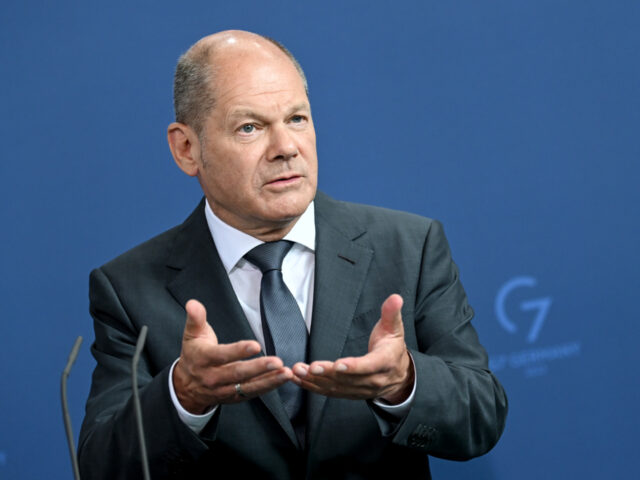German Chancellor Olaf Scholz has introduced a new plan to help ease the ongoing energy crisis for the upcoming winter, including subsidies for home heating and a bailout of a major gas supplier.
Chancellor Scholz announced on Friday that his government would be introducing a large relief package to ease the burden for Germans going into the winter as gas supplies from Russia have become limited.
Part of the plan will be a permanent heating subsidy designed to keep the costs of heating down for Germans and Chancellor Sholz promised that there would be legal protection for Germans who were unable to pay their rent, heating, or electricity bills, German tabloid Bild reports.
Further relief measures are also expected in the near future as Scholz spoke of upcoming consultations with various unions and another meeting on the energy crisis is expected to take place in mid-September.
Chancellor Scholz also announced that the major German gas firm Uniper would be receiving a bailout in the amount of around 15 billion euros, which will make the German federal government a 30 per cent shareholder in the company.
Fortum, the Finnish majority shareholder in Uniper, released a statement on the bailout saying that it had agreed to the German government’s proposed package.
“We are living through an unprecedented energy crisis that requires robust measures. After intensive but constructive negotiations, we found a solution that in an acceptable way met the interest of all parties involved,” Fortum CEO and president Markus Rauramo said.
A Third of Germans Want Apology From Merkel Over Energy Crisishttps://t.co/loHH12Hdc5
— Breitbart London (@BreitbartLondon) July 22, 2022
Uniper required the bailout as the company has been purchasing gas at greater and greater prices in recent months but has been unable to pass on the additional costs to consumers.
Germany’s gas supplies are also in trouble as the government does not look to be on course to meet its goal of having gas storage facilities filled to 90 per cent capacity by November, with a report this week claiming that currently just under two-thirds, or 64.81 per cent, of the storage capacity is filled.
Earlier this week Russia re-opened the Nord Stream 1 pipeline following a ten-day shut down for maintenance, but the gas flow remained far below capacity at just 30 per cent. The pre-maintenance level was 40 per cent.
EU Mulling Rationing Gas Across Bloc as Public Told to Expect Prices to Triplehttps://t.co/mTporEcZ7P
— Breitbart London (@BreitbartLondon) July 15, 2022

COMMENTS
Please let us know if you're having issues with commenting.